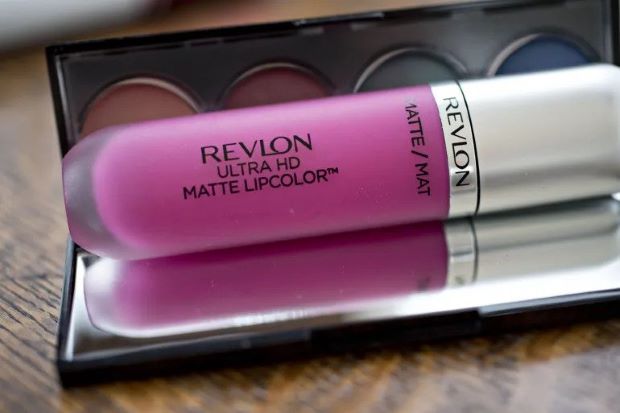Revlon, pioneering cosmetics brand, files for bankruptcy
By Lauren Hirsch
NEW YORK – Revlon built a cosmetics empire on red nail polish, with lipstick to match. But the pioneering brand, a mainstay of cosmetic cabinets since the Great Depression, has lost its shine, amid the rise of a new generation of cosmetic brands, changing shopping habits and supply chain snarls. The company filed for bankruptcy protection this week, its financial statements awash in red ink.
Revlon filed for Chapter 11 in the US Bankruptcy Court for the Southern District of New York, with about $3.8 billion in debt. It said it had secured $575 million in “debtor-in possession loans” to help fund its operations in bankruptcy. The company has about 5,700 employees.
Revlon’s challenges have been mounting for some time. Amid declining sales in 2020, it cut 1,000 positions in hopes of improving profitability. Later that year, it narrowly avoided filing for bankruptcy by striking a deal with its debt holders. More recently, its businesses have been challenged by coronavirus-related shutdowns in China and supply chain challenges that rippled across the country.
The company was founded in 1932, by Charles Revson, and grew to become the second-largest makeup company in the United States, behind Estée Lauder. Revson famously courted female shoppers by campaigning on the allure of matching red lips and nails.
Revlon was acquired by billionaire Ron Perelman for $2.7 billion in 1985 through a hostile takeover, then described as one of the pivotal corporate battles of the era.
It acquired Elizabeth Arden in 2016 in a purchase funded largely by loans. In the interim, a new group of cosmetics entrepreneurs, like Rihanna and Kylie Jenner, have emerged. The social media superstars have promoted their products directly to their millions of Instagram followers, embracing inclusive colour palettes and sidestepping the drugstores Revlon has traditionally relied on to sell its products.
“Consumer demand for our products remains strong — people love our brands, and we continue to have a healthy market position,” Revlon’s chief executive, Debra Perelman, who is Perelman’s daughter, said in a statement. The company’s stretched balance sheet “has limited our ability to navigate macroeconomic issues in order to meet this demand,” she said.
Managing its debt load has also created problems beyond the company. The investment bank Citigroup accidentally wired $900 million of its own money to a group of Revlon’s lenders in 2020, which a federal judge ruled they did not need to return to the bank.
Revlon’s bankruptcy could be a sign of more trouble to come for consumer brands, bankruptcy advisers said. High inflation, rising interest rates and warnings of a recession have made shoppers more wary of opening their wallets.
-New York Times


